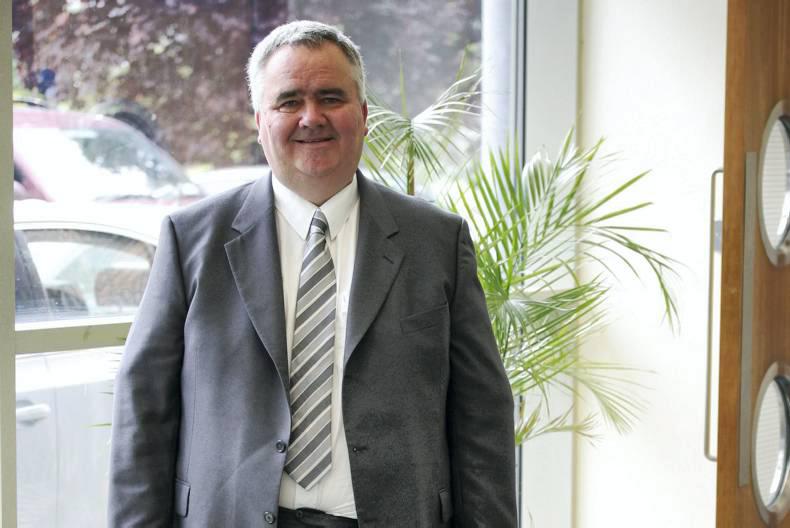Labour and Fianna Fáil both told the IFA executive council on Wednesday that they share farmers’ concerns over the deal between Slaney Foods and ABP. While Labour’s Willie Penrose said his party had actively encouraged the Minister for Agriculture to be proactive, Fianna Fáil promised to introduce a food ombudsman to protect farmers’ interests.
“Fianna Fáil in government will amend consumer legislation and establish a national food ombudsman and the protection of primary producers in national law,” said Fianna Fáil leader Micheál Martin.
The party also committed to an increase in Areas of Natural Constraint (ANC) payments and to introduce a top-up to increase BDGP payments on the first 20 cows.
“In our manifesto, we will support an increased top-up payment to achieve a genomics payment target of €200 on the first 20 cows,” said Martin. “The impact of green tape and an intrusive inspection regime is creating undue stress and concern for working farmers already struggling to make ends meet.”
Martin gave an assurance that he would separate farm production from its assets for assessment under the Fair Deal Scheme. He said that Fianna Fáil is looking at introducing a coupled payment of €20/ewe as part of the next CAP. He also committed to accepting the 2,500 farmers excluded from the second tranche of GLAS.
Labour
Labour’s Willie Penrose called for a commonsense approach to hedge-cutting legislation and flooding. Labour committed to ensuring that the Government’s hedge-cutting and burning date proposals would be met.
In terms of flooding, Penrose said: “People under threat will have to be helped. The OPW is taking the bull by the horns and progress is being made. The safety of people and property are paramount and if that involves one body [to manage Irish waterways], then that should be done.”
In terms of cycle paths being built through farmland, Penrose said that “recreation access should be available on a voluntary basis”.
Labour Party leader Tánaiste Joan Burton stressed the benefits of the Rural Social Scheme, but didn’t make a commitment on the Fair Deal Scheme. However, she went on to say that the Rural Social Scheme could help with Farm Assist.
“We can’t promise to do everything with social protection immediately,” she said. “Out of the Rural Social Scheme, we can do things to improve Farm Assist and develop a family income supplement. The Fair Deal Scheme is something that would benefit from further discussion.”
She added that, as a consumer, she would like to see Irish produce receive a fair price and “initiatives introduced on branding and traceability have been very good. I would like to see that extended to restaurant menus.”
Sinn Féin
Sinn Féin was scheduled to speak at the IFA council meeting too but pulled out on the morning of the meeting. The party launched its general election manifesto on Tuesday. It places a strong focus on farming in the west, but fails to include GLAS.
Sinn Féin sets out to make rural Ireland “a place where the quality of life is matched by the quality of services”.
The party promises to end the retrospective penalties on farming.
“We want the full and immediate implementation of the charter of rights for farmers and to cut the red tape and lengthy delays in payments,” said Mayo county councillor Rose Conway-Walsh, speaking at the launch of Sinn Féin’s general election manifesto.
“In the Young Farmers Scheme, farmers are still waiting for payments that were due in December.”
Key points within the manifesto for farmers include the commitment to establish a €12m compensation fund for hen harrier-designated conservation lands, oppose the proposed Transatlantic Trade and Investment Partnership, establish an all-Ireland food label for Irish produce, restore €5m of Farm Assist funds and create an additional 500 places on the Rural Social Scheme.
Renua has supported the ICOS anti-volatility proposal. Paul Bradford, party candidate in Cork east, said that Renua had included a similar proposal as part of its manifesto and believes that such measures are essential to allow farmers to cope with periodically poor prices. See page 23 for details of the ICOS proposal.






 This is a subscriber-only article
This is a subscriber-only article










SHARING OPTIONS: